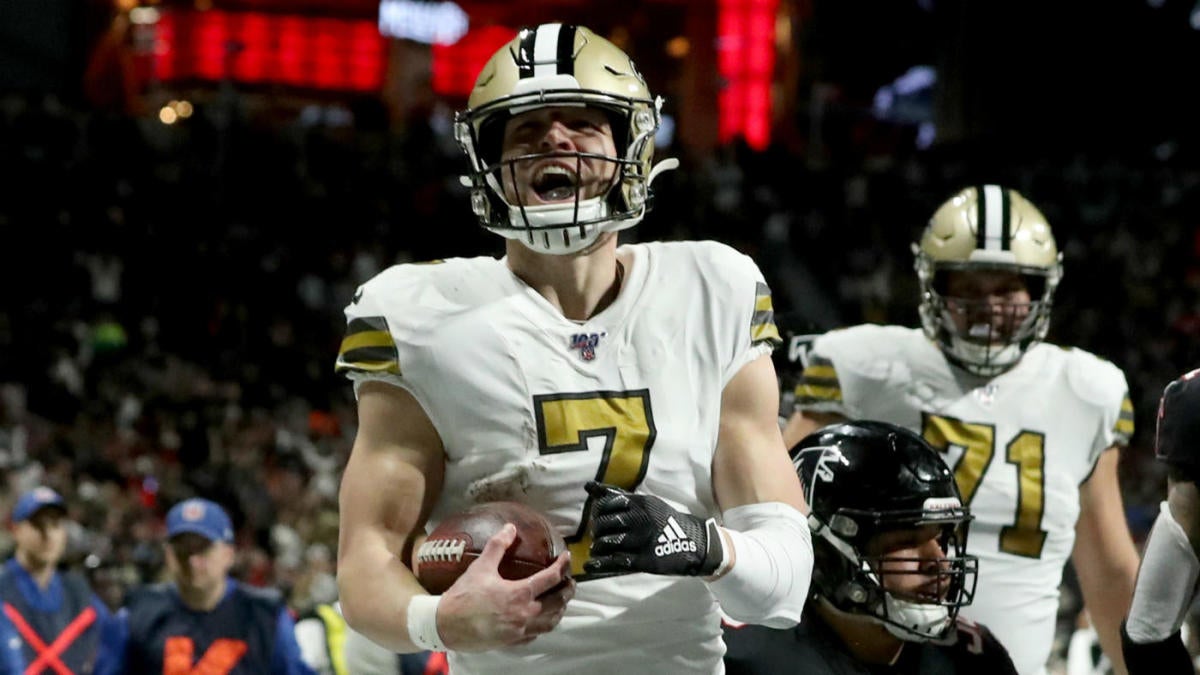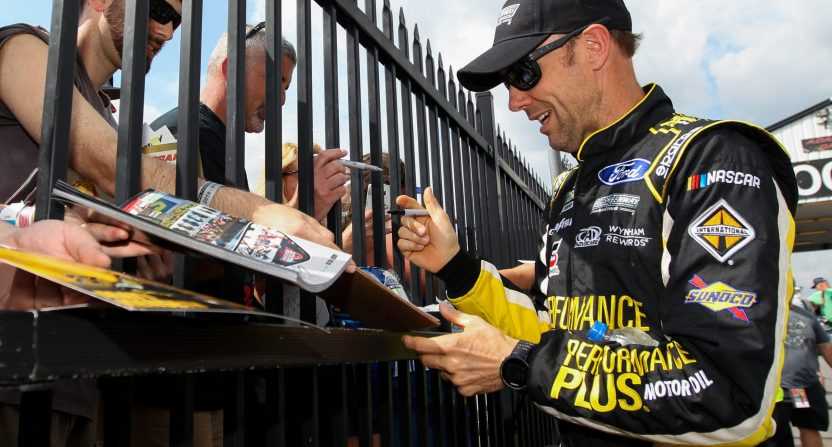The dead-horse narrative of sports in the scope of American culture is the exponential growth in the appetite of the average fan. News outlets once reported what was, then what could have been, then what could ever be. Even through our constant consumption of content, the one-word message to the executives of those outlets and their advertisers have been clear- more. From hot takes to off-hand jokes, one question has eluded a concise answer. Where is the line between criticism and cruelty?
The 24/7 nature of the current sports world never ceases to provide cases to study the issue. Even so, there never seems to be a consensus. Just in the past two weeks, we were provided a perfect example. As the ever-growing and less-important tidbits poured out of the NFL leading up to the draft, the Wonderlic test scores of the prospects, of course, were leaked. Soon to be drafted in the first round, suddenly players like Tua Tagovailoa and Jerry Jeudy were seeing droves of average joes wax poetic about their intelligence.
#NFLDraft2020 per @BobMcGinn
— Belly Up Football ? (@BellyUpFootball) April 17, 2020
Wonderlic Scores for QB:
Jake Fromm – 35
Joe Burrow – 34
Jordan Love – 27
Justin Herbert – 25
Anthony Gordon – 25
Jacob Eason – 23
James Morgan – 23
Jalen Hurts – 18
Tua Tagovailoa – 13 #NFLTwitter #NFL
In the echo chamber that followed, the only on-field reaction was repeated by everyone ad nauseam. These guys are great football players and it likely doesn’t matter in the slightest. Still, many people capitalized on the opportunity to make jokes that didn’t even warrant questioning criticism and cruelty. They were bold-faced attacks on the intelligence of these twenty-somethings for the sake of Twitter followers.
When Criticism and Cruelty Come Together
While the public can quickly turn cruel, sometimes the criticism is borne out of their own actions. In the age of social media and with a pure, unyielding love of capitalism, a player growing their brand is more important than their performance on the field. To that end, some players market themselves into a position as an easy target. Case in point- Taysom Hill.

Hill has been an intriguing weapon in New Orleans. From special teams wild card to receiving decoy to occasional pass thrower, Hill has utilized his abilities to find a way to make himself valuable enough to stick on an NFL team. This offseason drastically changed the perception of Hill, though. The Saints placed a second-round tender on Hill. Then they followed that up with a rumor-mill PR campaign. The Saints leaked that they viewed him as the successor to Drew Brees as the franchise quarterback in New Orleans. Hill, smartly, doubled down when asked about it by reporters.
Growing the Taysom Hill Brand
“I definitely view myself as a franchise quarterback. I think as you look at the other questions: Is it, New Orleans? Is it somewhere else? As you go into free agency, this is the time that you start to find out how people view you. We haven’t gotten into free agency long enough to really know how these guys view me and we’ll just handle it as it comes.”
Rob Maaddi, Associated Press
It was the best career move for Hill, but the proclamation has left him open to valid criticism. Hill is about to turn 30 and has completed seven passes in his NFL career. The idea that he could step in today and run a franchise as the signal-caller for anywhere close to a decade is ridiculous. While marketing himself this way was a big swing at maximizing his value, it was a whiff. No teams bit and he resigned with the Saints on a two-year deal.

The Saints, for their part, reacted to Hill resigning with the team as Brees’ primary backup by signing Jameis Winston. The end result proves what we all knew all along- no one, not the Saints, not any other NFL team, and likely not even Hill, thinks he is a franchise quarterback. If he winds up the butt of some jokes for the attempt, it was worth it. Hill’s one shot at that Matt Flynn money materialized, and I don’t blame the guy for taking it. Just like Flynn, I also don’t blame anyone for cracking a joke about it, either.
Where and When to Draw the Line
So the question remains, what is a joke based on valid criticism of a player, and what is just plain cruelty to another human being? Like most jokes, the obvious answer is that it comes down to the context, purpose, and wording of the joke itself. It’s not an easy answer, but it is what we have to work with.
I joke all the time. The inspiration for this article was me saying “I can’t wait to one day write about 36-year-old car dealership owner/operator and future franchise quarterback Taysom Hill.” Do I actively hope Hill doesn’t find NFL success or have any personal ill feelings toward the guy? Absolutely not. If Hill doesn’t call himself a franchise quarterback, though, I don’t make the joke.
In the end, the line between criticism and cruelty when joking about public figures will continue to move based on the individual case and the general social conscious. I think the best thing we can all do is practice some common sense when it comes to making jokes about sports stars, and all celebrities, and remember that they are human beings, even if they’re not all franchise quarterbacks.







1 Comment
Great article. It goes along how people (myself included) lash out and criticize players while playing fantasy football.